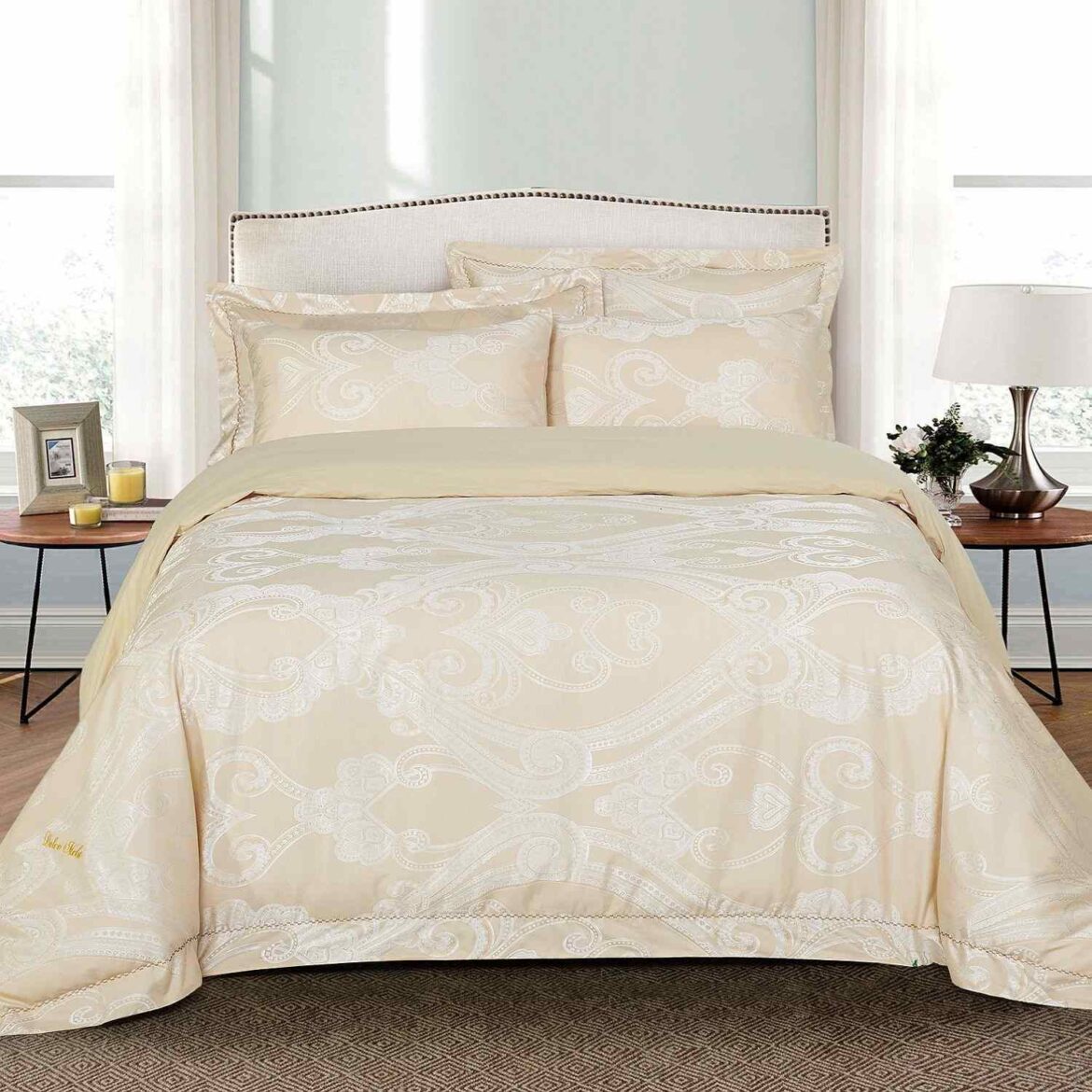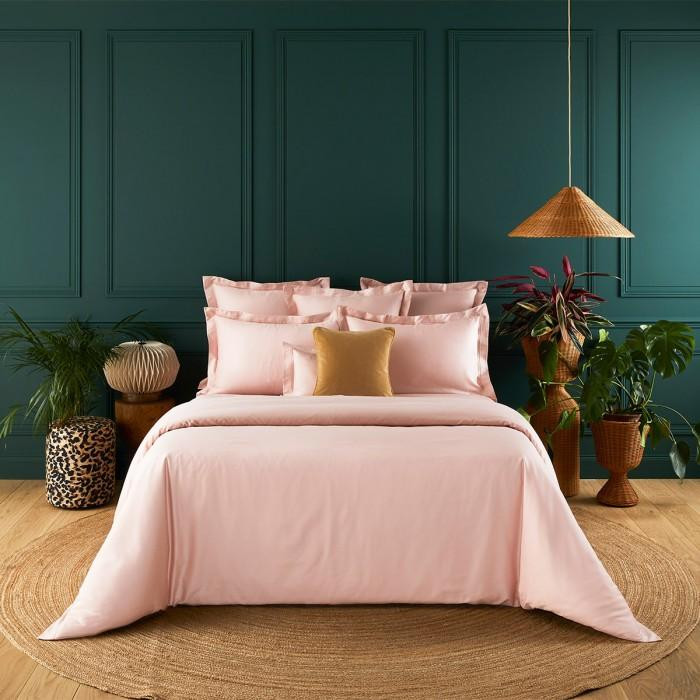When it comes to creating a serene and comfortable sleep environment, the right beddings play a pivotal role. Your choice of beddings can significantly impact the quality of your sleep, making it essential to select the perfect set that suits your preferences and needs. In this comprehensive guide, we'll delve into the world of beddings, covering everything from materials and thread count to design and care. By the end of this article, you'll be well-equipped to make an informed decision and elevate your sleep experience.
Understanding Beddings
Beddings encompass a wide range of essential items that enhance your sleeping experience. These typically include sheets, pillowcases, duvet covers, and bedspreads. Each element contributes to the overall comfort, aesthetics, and functionality of your bed. Choosing the right beddings not only ensures a cozy night's sleep but also adds an aesthetic touch to your bedroom.
Materials Matter
One of the most critical aspects of selecting beddings is the choice of materials. Different fabrics offer various benefits, and your preference will depend on factors like comfort, durability, and climate. Here are some popular bedding materials:
a. Cotton: Known for its breathability and comfort, cotton is a classic choice. Egyptian and Pima cotton are renowned for their softness and durability.
b. Linen: Linen beddings are excellent for hot sleepers as they are highly breathable and moisture-wicking. They have a relaxed, natural look.
c. Silk: Silk beddings exude luxury and are perfect for those with sensitive skin. They are smooth, hypoallergenic, and regulate body temperature effectively.
d. Microfiber: Microfiber beddings are budget-friendly and easy to maintain. They are also hypoallergenic and resistant to wrinkles.
e. Flannel: Ideal for cold climates, flannel beddings are soft, warm, and cozy. They provide excellent insulation during the winter months.
Thread Count Demystified
Thread count is a term you'll often encounter when shopping for beddings. It refers to the number of threads woven into a square inch of fabric. While a higher thread count can indicate a smoother and more durable sheet, it's not the sole indicator of quality. Other factors, such as the type of cotton and weave, also influence the feel of the bedding. A thread count of 300-400 is generally considered good for cotton sheets, offering a balance between comfort and durability.
Finding the Perfect Fit
The size of your beddings should match your mattress dimensions. Be sure to measure your mattress before purchasing, as mattress sizes can vary by brand and country. Common sizes include Twin, Full/Double, Queen, and King. Pay attention to the pocket depth of fitted sheets to ensure a snug fit on your mattress, especially if you have a thick mattress or a mattress topper.
Design and Aesthetics
Beddings aren't just functional; they also contribute to the overall ambiance of your bedroom. Choose colors and patterns that resonate with your personal style and create a harmonious bedroom décor. Solid colors are versatile and easy to mix and match, while patterns can add visual interest.
Caring for Your Beddings
Proper care is essential to extend the lifespan of your beddings. Always check the care instructions provided by the manufacturer. Generally, it's advisable to wash beddings in cool or warm water, avoid using bleach, and tumble dry on low heat. Regular maintenance ensures that your beddings remain soft, clean, and comfortable.
Conclusion
Investing in high-quality beddings tailored to your preferences is an investment in your sleep quality and overall well-being. By understanding materials, thread counts, sizing, design, and care, you can create a cozy and inviting sleep sanctuary that promotes restful nights and peaceful mornings.







Comments